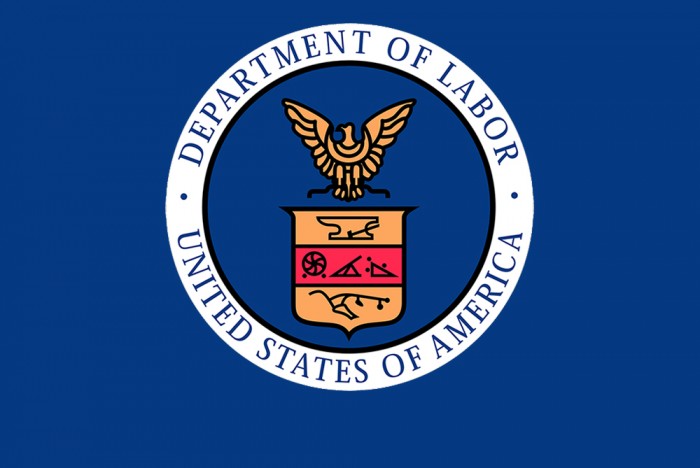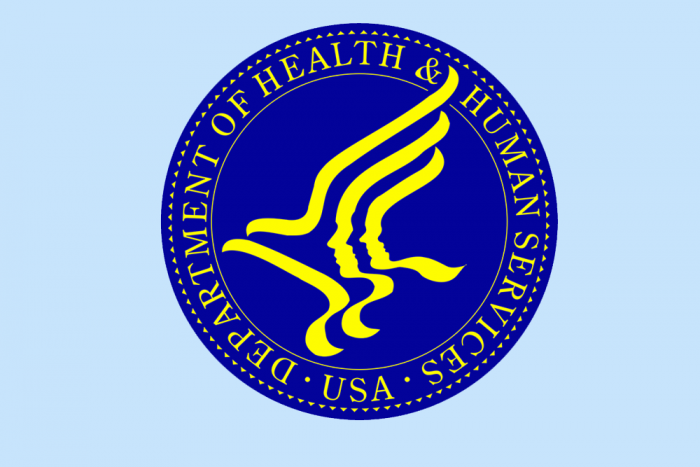Leading Resilient Teams
Tuesday, July 9, 2024
1:00 pm – 2:30 pm
Register Here
Please join RCPA for an inspiring webinar to build leadership skills. Constant change and overwork deplete our teams’ resilience. Using practical tools, you will spot behaviors that drain resilience in your teams, respond constructively to team feedback, and grow your team’s resilience. CEs for this training have been approved, PDC: 1.5.
In this training, you will learn how to:
- Identify leadership behaviors and practices that drain and nurture resilience in teams;
- Respond empathetically and effectively to employee concerns; and
- Implement practical strategies that grow your team’s resilience day by day.
The speaker for this session, Wendy Hultmark, has a Master’s Degree in Organizational Development & Communication, CPC, and is a Leadership & Career Coach, Facilitator, and Speaker. She helps leaders cut through overwhelming constant change so that they feel optimistic and empowered to lead their teams and careers through the latest challenge.

Wendy began as an HR professional in world-leading Boston hospitals and developed into a senior HR leader at a global Fortune 500 organization. Her coaching practice has led her to serve leaders in research labs, investment banking, non-profit, technology, and more, while her unique background helps her bring a practical, empathetic perspective to the demands of today’s rapidly changing world of work. Additionally, Wendy is a lead instructor for the Women in Leadership professional certificate program at Southern Methodist University, with expertise in the areas of Psychological Safety, Trust, and Engagement. She is a certified practitioner of Everything DiSC ® and The Five Behaviors of a Cohesive Team ® and is credentialed through the International Coaching Federation (ICF).
Register here for this training.


















